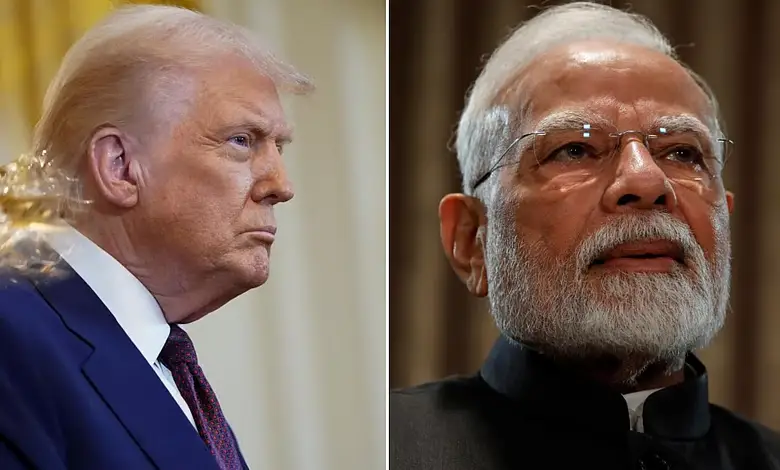Former U.S. National Security Adviser John Bolton has warned that the once-strong personal connection between U.S. President Donald Trump and Indian Prime Minister Narendra Modi has deteriorated, signaling a challenging phase in India-U.S. relations. Speaking to British media outlet LBC, Bolton emphasized that personal ties with Trump offer little protection against his unpredictable policies, a lesson he believes applies to other world leaders, including UK Prime Minister Keir Starmer.
Bolton’s remarks come amid heightened tensions, driven by Trump’s imposition of 50% tariffs on Indian imports, including an additional 25% levy tied to India’s purchase of Russian oil. These measures, aimed at curbing Russia’s influence in the Ukraine conflict, have strained bilateral ties. Bolton, who served as Trump’s NSA from 2018 to 2019, criticized the tariffs, arguing they have pushed India closer to Russia and China, undermining decades of U.S. efforts to align New Delhi away from Moscow and counter Beijing’s growing influence.
In a post on X, Bolton stated that the White House’s policies have “set U.S.-India relations back decades,” with China positioning itself as an alternative partner to India. He highlighted Trump’s tendency to view international relations through personal relationships, noting that Trump’s belief in a strong bond with leaders like Vladimir Putin does not translate to favorable national ties.
The strain was further evident when Modi refuted Trump’s claims of mediating an India-Pakistan conflict, clarifying in Parliament that no world leader had asked India to halt “Operation Sindoor.” Trump’s subsequent tariff hikes, including a 25% penalty for India’s continued Russian oil purchases, have drawn criticism from Indian officials and analysts.
As Trump prepares to visit the UK from September 17 to 19, Bolton’s comments underscore the fragility of personal diplomacy in sustaining strategic partnerships, urging leaders to brace for the broader implications of Trump’s policies.
US-India Relations Strained as Trump-Modi Bond Fades, Warns Ex-NSA Bolton
